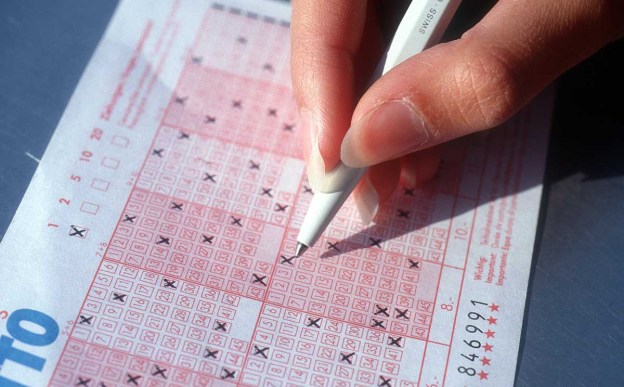
A group of highly skilled, big-spending gamblers in Massachusetts are using a unique loophole in the state’s Cash WinFall lottery to win millions of dollars every three months, without fail, reports the Boston Globe. And they are using their computer science and mathematical skills to help bring in massive paydays.
What the gamblers are doing is not, in itself, illegal — or, at least, the law on the gambling practices live in a very grey zone. Here’s how it works: For three months, the grand prize of the Cash WinFall builds up to the game’s limit of $2 million, or until someone wins the jackpot — which has only happened once since the game began seven years ago. (Cash WinFall has a 1-in-9.36 million odds jackpot.)
At the end of three months, the game has periods called “rolldown week.” During this time, the $2 million jackpot is distributed to lesser-winning tickets, making them far more valuable than during the rest of the year. Math-savvy gamblers have discovered that if a person buys at least $100,000 worth of Cash WinFall tickets, they have a 72 percent chance or better of winning.
Two such gamblers, Marjorie and Gerald Selbee, have turned this loophole into a gambling business, GS Investment Strategies. According to the Globe, they recently purchased $614,000 worth of $2 Cash WinFall tickets. With this level of investment, they are promised to win big money.
MIT statistician Mohan Srivastava calculates that anyone who buys at least 200,000 tickets is guaranteed to win a profit of between $240,000 to $1.4 million. The Selbees bought more than 300,000.
Another gambler, 28-year-old MIT graduate Yuran Lu, has cashed in more than 500 winning tickets so far this year, which has brought in a total of $765,168 in winnings.
Of course, the legality of what these high-rollers are doing remains a bit vague. After learning that people were purchasing hundreds of thousands of Cash WinFall tickets, authorities began preventing the ticket sellers — liquor stores and corner delis — from selling the tickets, or limiting the amount they could sell to $5,000-worth or less.
Despite this, it’s not entirely clear that the game — which is unlikely other lottery games in the US because of the jackpot distribution — wasn’t designed to be played exactly as the Selbees and Lu (among others) are playing it.
“It’s a niche game for a different audience,” said Paul Sternburg, the lottery’s executive director, in an interview with the Globe. “You want to bring in as many players as possible. Some people chase a huge jackpot. Others are looking at odds.”
Either way, the Globe story has brought some unwanted attention to this loophole, and the state has started to crack down on big-spending players. So if you were hoping to get in on the action, it may already be too late.
Read the whole fascinating story at the Boston Globe, here.


